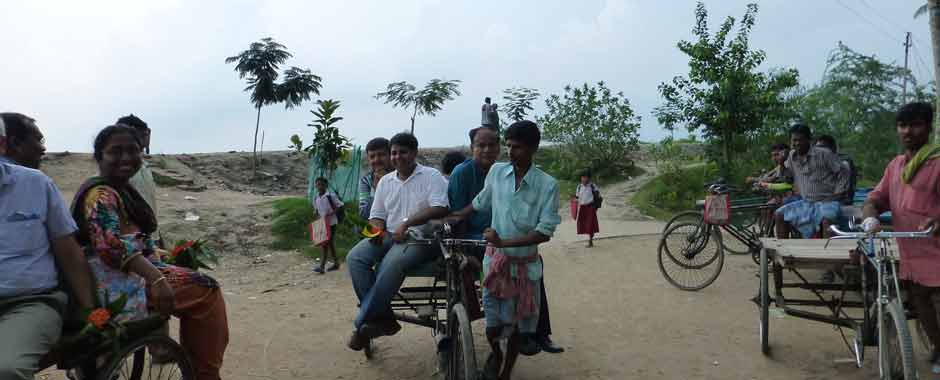In this post, Giorgos Kallis responds to a three-part critique by Andy Stirling of his ideas on the ‘Degrowth Hypothesis’. You can read Andy’s blog posts here: Part 1 /…
Why we need Degrowth
Outgrowing the twin simplifications of Growth and Degrowth: part 3
This is the third of a series of 3 blogs by STEPS co-director Andy Stirling, responding to the ideas of Giorgos Kallis on the ‘degrowth hypothesis’. Read Part 1 and…
How do we end the dominance of rich countries over sustainability science?
by Patrick van Zwanenberg, Anabel Marin & Adrian Ely With the new Sustainable Development Goals adopted by the UN last year, SciDev.Net has published a timely report on the global…
Was COP21 a failure or a success?
In the aftermath of the COP21 climate change conference, the debate over whether the Paris Agreement is a success or a failure is going full blast. Among other things, the…
A year of STEPS: 2015 highlights
As it’s nearing the end of 2015, here are some highlights you may have missed from the STEPS Centre’s last 12 months. We’ll see you next year! Our coverage of…
‘Reigning back’ the Anthropocene is hard – but Earth’s worth it
I am very grateful to Laura Pereira, Victor Galaz and Johan Rockström for taking precious time to respond to the points I raise in my earlier blog. It is a…
Seeing the Anthropocene as a responsibility: to act with care for each other and for our planet
by Laura Pereira, University of Cape Town (UCT), South Africa This post is my contribution to the debate on the Anthropocene initiated by Andy Stirling in his blog. His comments…
Time to rei(g)n back the Anthropocene?
I was very lucky to be able to participate in last week’s Stockholm Resilience Centre conference on ‘Transformations 2015: People and Planet in the Anthropocene‘. Involving a dynamic and highly…
Giving flesh to the science and innovation we need to see
by Ben Ramalingam, Research Fellow, Institute of Development Studies Science, technology and innovation have been integral in successful development and poverty-reduction efforts, whether in Europe, Latin America, Asia or Africa….
SDGs: time to rethink energy infrastructure?
As the new Sustainable Development Goals are launched this week, attention will be focused on some of the great global challenges that face our world. They also give us a…
